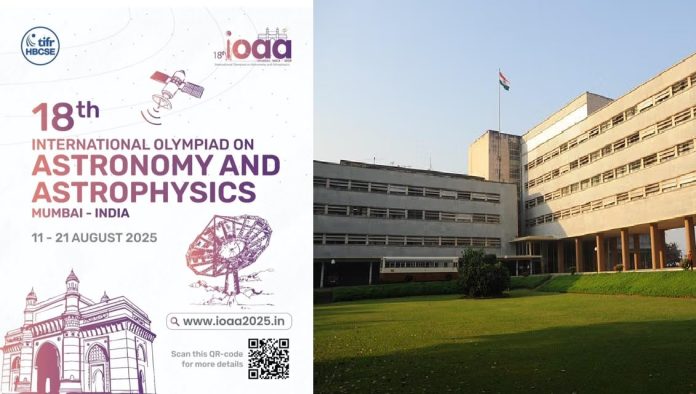MUMBAI: The International Olympiad on Astronomy and Astrophysics (IOAA) in Mumbai has become the center of a major debate after faculty members moved a resolution to suspend Israel’s official participation. The move, supported by several Indian scientists, was taken in light of Israel’s ongoing war in Gaza and its impact on Palestinian education.
In a letter to the IOAA president, the group of scientists explained that while Israeli students were welcome to compete as individuals, the state should not be officially represented until it abides by international law. They pointed to the destruction of Palestinian schools and universities, and the systematic restrictions placed on Palestinian students, as key reasons for their action. “The Olympic spirit requires all member nations to respect human rights,” the letter said.
The resolution highlighted the contradiction between celebrating scientific cooperation and ignoring the denial of education to Palestinians. Supporters argued that allowing Israel to participate without accountability would amount to condoning violations of international norms. They stressed that the boycott was not against students but against state policies responsible for ongoing suffering in Gaza.
The initiative has drawn criticism from another group of scientists who accused the faculty of politicising the Olympiad. Nearly 300 signatories petitioned the government to act against those who backed the suspension. They argued that such moves threaten India’s diplomatic ties and damage its global image as a neutral host.
Yet, for many academics, the question goes beyond diplomacy. It touches on whether scientific communities should remain silent in the face of human rights abuses. By pushing the resolution, the Mumbai scientists signaled that solidarity with oppressed communities is inseparable from the ethical values science claims to uphold.




